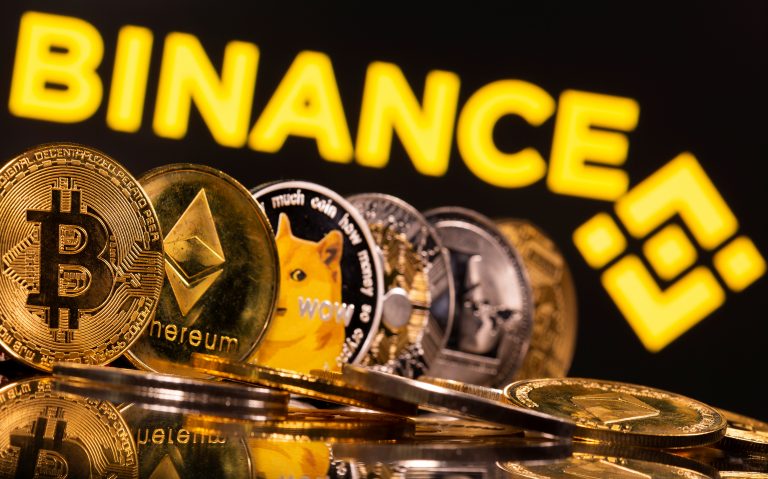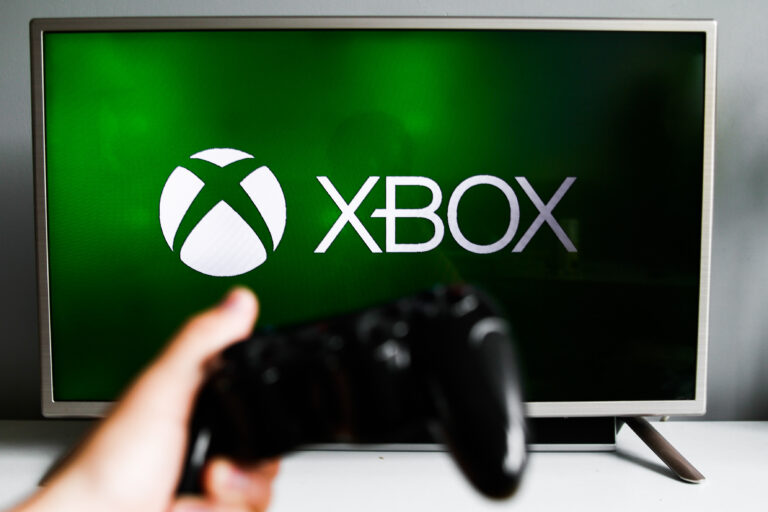Twitter is also labeling tweets from state media outlets in Belarus
Twitter is now also adding labels to accounts and tweets sharing links from Belarusian state-affiliated media outlets “after detailed reporting about their role in the war in Ukraine.” The website started labeling tweets from Russian state media outlets a few days in late February in an effort to significantly reduce the circulation of their content. Yoel Roth, the company’s head of site integrity, said on Twitter that the company made the decision to label tweets from Belarus, as well, after expert voices highlighted the country’s involvement in the invasion of Ukraine.
We’re adding labels to accounts and Tweets sharing links of state-affiliated media outlets in Belarus after detailed reporting about their role in the war in Ukraine. This builds on our years-long work to add context to state media outlets and limit their reach on Twitter. 🧵
— Yoel Roth (@yoyoel) March 11, 2022
Roth said Twitter saw a 30 percent drop in impressions on Tweets from Russian state media based on early data, suggesting that the company has been successful in its goal to limit those outlets’ reach. Similar to what it did to the Russian state outlets, Twitter will also reduce the visibility of labeled tweets with Belarusian state media content. In addition, users will see a prompt whenever they try to share labeled tweets.
Twitter blocked ads from state media outlets years ago, but it completely paused ads and recommendations in Ukraine and Russia shortly after the war began to make sure critical public safety is elevated. While Russian authorities had blocked the website since then, Twitter launched a Tor onion service to give the country’s residents access to sources about the war other than state media. More recently, Twitter removed posts from Russia’s UK embassy over false claims that the bombing of a maternity hospital in the Ukraine city of Mariupol was staged. Twitter said the posts were removed for breaking its rules surrounding the “denial of violent events.”
All products recommended by Engadget are selected by our editorial team, independent of our parent company. Some of our stories include affiliate links. If you buy something through one of these links, we may earn an affiliate commission.




